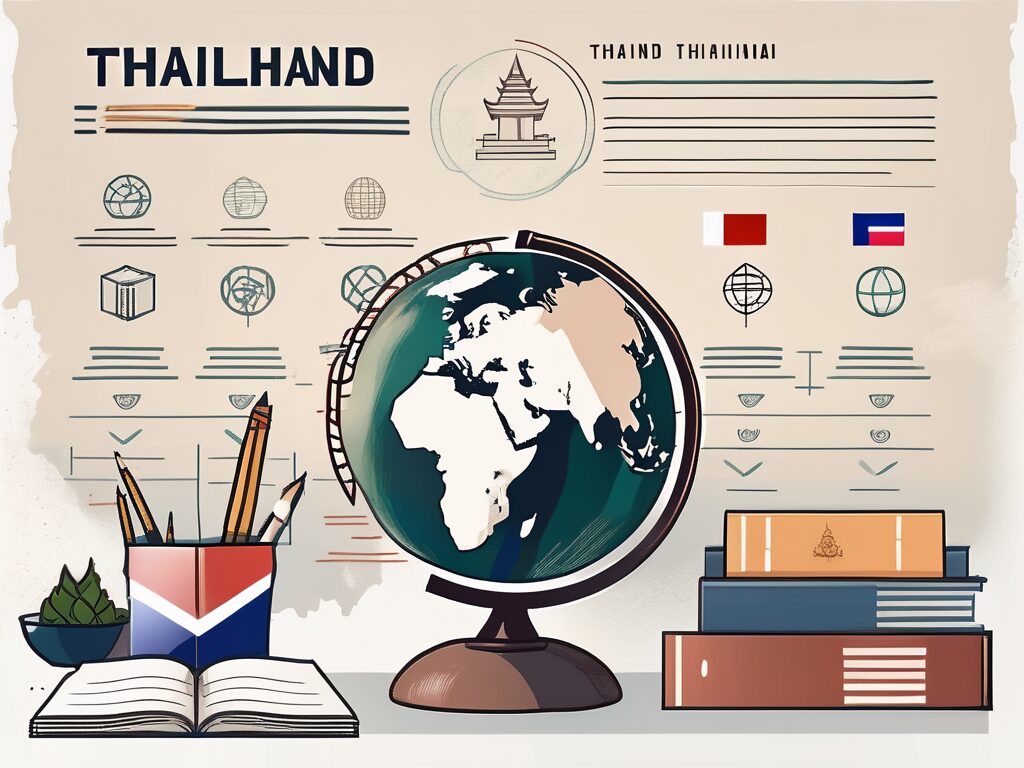html
Essential PGCE Tips for Teachers in Hong Kong & the Philippines
Are you a teacher looking to enhance your career prospects in Hong Kong or the Philippines? The Postgraduate Certificate in Education (PGCE) is a vital qualification that can open doors to exciting teaching opportunities in these vibrant regions. In this blog post, we will explore essential PGCE tips tailored specifically for teachers in Hong Kong and the Philippines, helping you navigate your journey with confidence and success.
Understanding the PGCE: A Gateway to Teaching
The PGCE is a widely recognized qualification that equips aspiring teachers with the skills and knowledge necessary for effective teaching. In both Hong Kong and the Philippines, this certification is highly regarded, making it a crucial step for those looking to teach in international schools or local institutions. Understanding the structure and requirements of the PGCE program is the first step towards a successful teaching career.
1. Research Your Options: PGCE Programs in Hong Kong and the Philippines
Before diving into the application process, it’s essential to research the various PGCE programs available in Hong Kong and the Philippines. Each institution may offer different specializations, teaching methodologies, and support systems. Consider factors such as:
- Accreditation and recognition of the program
- Course content and teaching approach
- Support services for international students
- Opportunities for practical teaching experience
For instance, universities like The University of Hong Kong and Ateneo de Manila University offer reputable PGCE programs that cater to diverse teaching needs.
2. Embrace Cultural Diversity in Your Teaching Approach
Teaching in Hong Kong and the Philippines means engaging with students from diverse cultural backgrounds. Embracing this diversity is crucial for creating an inclusive classroom environment. Here are some tips:
- Incorporate multicultural resources into your lesson plans.
- Encourage students to share their cultural experiences.
- Adapt your teaching style to accommodate different learning preferences.
By valuing cultural diversity, you not only enhance student engagement but also foster a sense of belonging among your students.
3. Build Strong Relationships with Students and Colleagues
Establishing strong relationships is key to a successful teaching career. In both Hong Kong and the Philippines, building rapport with students and colleagues can significantly impact your teaching effectiveness. Here are some strategies:
- Be approachable and open to communication.
- Participate in school events and extracurricular activities.
- Seek feedback from peers and mentors to improve your teaching practice.
Strong relationships create a supportive network that can help you navigate challenges and celebrate successes in your teaching journey.
4. Leverage Technology in Your Teaching
In today’s digital age, integrating technology into your teaching practice is essential. Both Hong Kong and the Philippines are rapidly adopting educational technology, making it crucial for teachers to stay updated. Consider the following:
- Utilize online resources and platforms for lesson planning.
- Incorporate interactive tools to enhance student engagement.
- Stay informed about the latest educational technologies and trends.
By leveraging technology, you can create dynamic learning experiences that resonate with your students.
5. Continuous Professional Development
Education is an ever-evolving field, and continuous professional development (CPD) is vital for teachers in Hong Kong and the Philippines. Engage in CPD opportunities such as:
- Workshops and seminars on the latest teaching methodologies.
- Online courses to enhance your subject knowledge.
- Networking with other educators to share best practices.
Investing in your professional growth not only benefits your career but also enriches the learning experience for your students.
6. Understand Local Education Policies and Practices
Familiarizing yourself with the local education policies and practices in Hong Kong and the Philippines is crucial for effective teaching. Each region has its own curriculum standards, assessment methods, and educational philosophies. Here are some tips:
- Stay updated on changes in the education system.
- Participate in local teacher associations for insights and support.
- Engage with local educators to understand the cultural context of teaching.
Understanding these nuances will help you tailor your teaching approach to meet the needs of your students effectively.
Conclusion
Embarking on a PGCE journey in Hong Kong or the Philippines can be a rewarding experience filled with opportunities for personal and professional growth. By researching your options, embracing cultural diversity, building strong relationships, leveraging technology, committing to continuous professional development, and understanding local education policies, you can set yourself up for success in your teaching career.
Ready to take the next step in your teaching journey? Explore our resources on teacher training and education careers to find the support you need!

